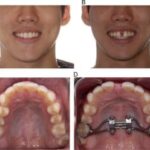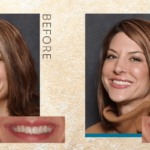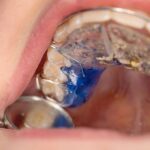One of the main causes of discomfort when eating with an expander is the pressure it exerts on your palate. The expander is designed to widen your upper jaw, and this can create tension and soreness in the roof of your mouth. This pressure can make it painful to chew and swallow, leading to a decreased appetite and potential weight loss.
Another factor that contributes to the discomfort is the presence of the expander itself. The metal bars and wires can feel bulky and foreign in your mouth, making it difficult to get used to the sensation. This can result in a constant awareness of the expander, which can be distracting and make it harder to focus on enjoying your meal.
Additionally, the expander can affect your ability to properly chew and bite into food. The appliance can alter the alignment of your teeth, making it harder to chew evenly and effectively. This can lead to difficulties in breaking down food and may result in the need to avoid certain types of food altogether.
Possible Causes of Discomfort
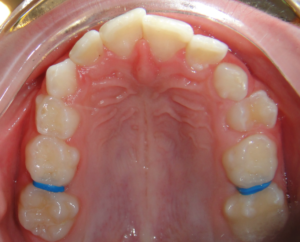
When wearing an expander, it is not uncommon to experience some discomfort. There are several possible causes for this discomfort:
| 1. Pressure on the teeth and gums | The expander exerts pressure on the teeth and gums to create space in the mouth. This pressure can cause soreness and discomfort, especially when eating. |
| 2. Difficulty chewing and swallowing | The presence of the expander can make it more difficult to chew and swallow food. This can lead to discomfort and even pain when eating. |
| 3. Irritation of the soft tissues | |
| 4. Food getting stuck | The expander can create spaces between the teeth, making it easier for food to get stuck. This can cause discomfort and make it difficult to eat. |
However, it is essential to address and manage the discomfort to ensure that you can eat properly and maintain good oral health. There are several strategies that can help alleviate the discomfort associated with eating with an expander.
Strategies to Manage Discomfort
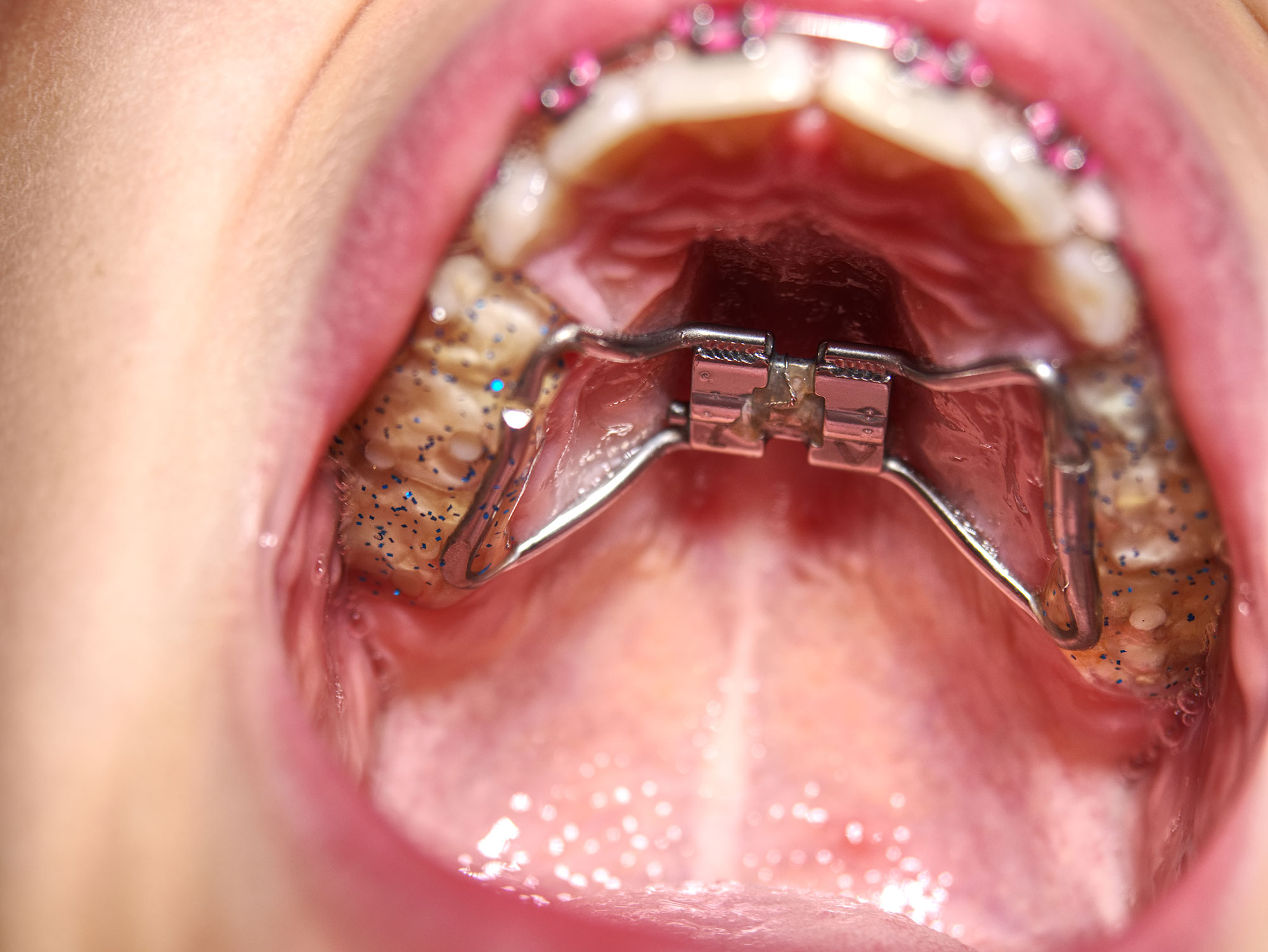
Dealing with discomfort when eating with an expander can be challenging, but there are several strategies that can help to alleviate the discomfort and make the experience more manageable.
1. Take smaller bites
One strategy is to take smaller bites when eating. This can help to reduce the pressure and discomfort caused by the expander. By taking smaller bites, you can also chew your food more thoroughly, which can make it easier to swallow.
2. Eat softer foods

Choosing softer foods can also help to manage discomfort. Foods like soups, mashed potatoes, and yogurt are easier to chew and swallow, reducing the strain on the expander. Avoiding hard or crunchy foods can help to minimize any pain or discomfort.
3. Use over-the-counter pain relievers
4. Rinse with warm saltwater

Rinsing your mouth with warm saltwater can provide temporary relief from discomfort. Saltwater helps to reduce inflammation and can soothe any sore areas in the mouth. Mix half a teaspoon of salt with eight ounces of warm water and swish it around your mouth for about 30 seconds before spitting it out.
5. Practice good oral hygiene
Maintaining good oral hygiene is crucial when dealing with an expander. Regularly brushing and flossing your teeth can help to prevent any food particles from getting stuck in the expander, which can cause additional discomfort. Using a soft-bristle toothbrush and a mouthwash recommended by your orthodontist can also help to keep your mouth clean and free from irritation.
By implementing these strategies, you can effectively manage the discomfort associated with eating with an expander. Remember to consult with your orthodontist if the discomfort persists or if you have any concerns.
Long-term Effects and Solutions
Wearing an expander can cause discomfort and difficulty when eating, especially in the initial stages. However, with time and proper care, most patients adjust to the device and experience less discomfort.
Another long-term effect is the improvement in speech. Expander therapy can help correct speech problems that are caused by a narrow palate. By widening the palate, it allows for better airflow and tongue movement, leading to clearer speech.
To prevent relapse and maintain the results achieved with the expander, it is crucial to follow the orthodontist’s instructions regarding retainer wear. This may involve wearing a removable retainer or a fixed retainer, depending on the individual’s needs.
In some cases, additional orthodontic treatment may be necessary after the expander is removed. This can include wearing braces or aligners to further align the teeth and improve the bite. The orthodontist will assess the individual’s progress and determine the best course of action.

Dr. Fidel Cann: Esteemed orthodontist with a lifelong dedication to enhancing smiles and oral health. Pioneering expertise, compassionate care.


